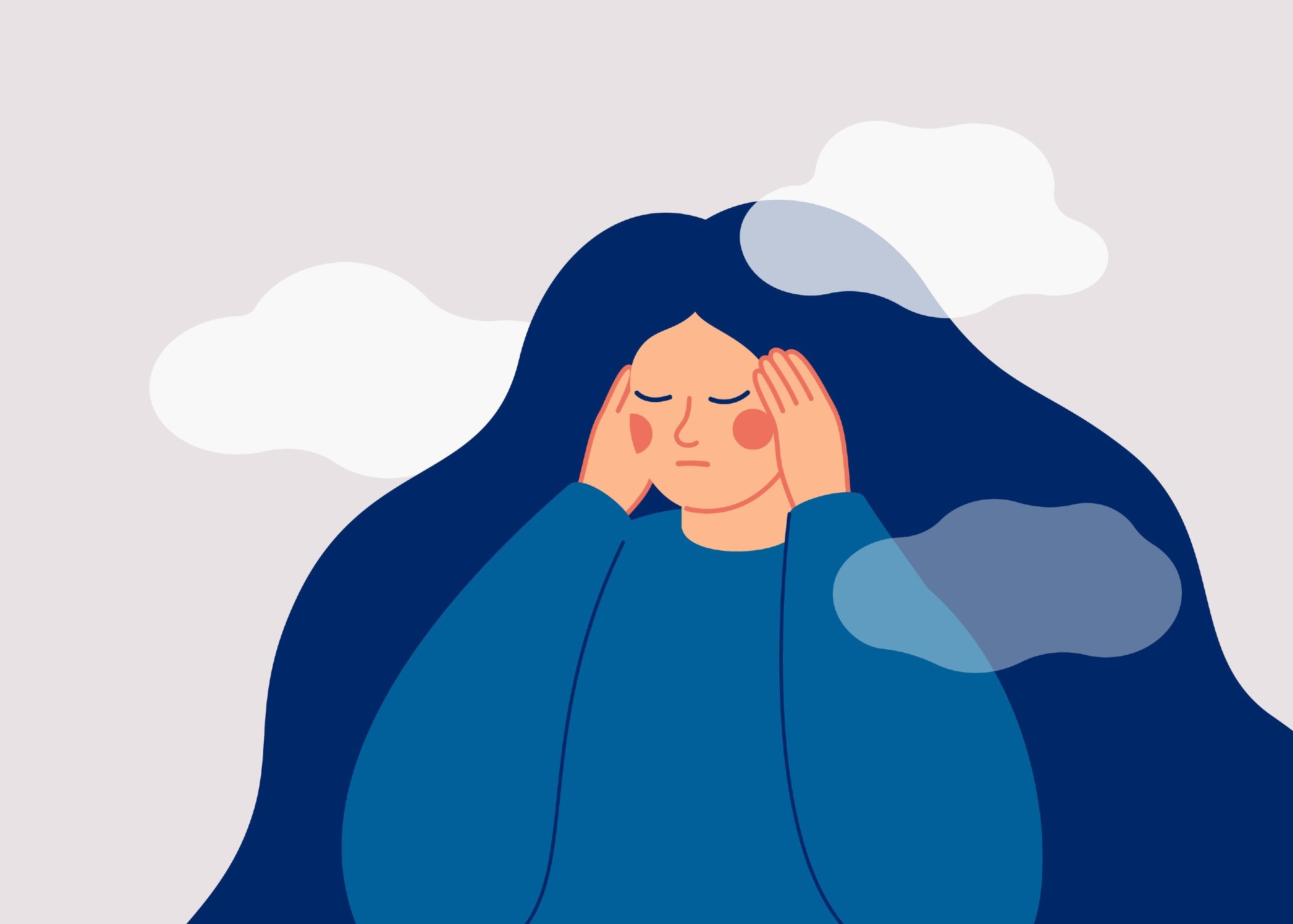In a recent study published in Neurological Sciences, researchers assessed the prevalence of cognitive complaints (CC) in coronavirus disease 2019 (COVID-19) patients and explored the factors associated with brain fog after one year of COVID-19 diagnosis.

Background
Studies have frequently reported cognitive symptoms among long-COVID patients after ≤1 year of being infected with severe acute respiratory syndrome coronavirus 2 (SARS-CoV-2), coupled with fatigue, anxiety, chest tightness, and myalgia. CC or brain fog includes attention difficulties, low thinking, and confusion.
Recent imaging studies have also reported functional alterations in the brains of individuals presenting with long-term symptoms of cognitive impairments post-SARS-CoV-2 infection. Persistent brain fog has been reported even after ≥1 year of SARS-CoV-2 infection; however, the mechanisms underlying brain fog and the association of brain fog with COVID-19 severity, long-term COVID-19 symptoms, and premorbid conditions need further investigation.
About the study
In the present study, researchers evaluated the prevalence of, and factors associated with CC among SARS-CoV-2-infected patients after one year of COVID-19 diagnosis.
The study comprised patients hospitalized due to COVID-19-associated pulmonary complications between 1 March and 31 May. The participants were evaluated after one year of hospital discharge and thorough neurological, psychological and clinical examinations were performed. Assessments included the impact of event scale-revised (IES-R), Montreal cognitive assessment (MoCA), Zung self-rating anxiety scale (SAS), fatigue severity scale (FSS), and the Zung self-rating depression scale (SDS).
The other assessments include the modified ranking scale (mRS), quick sequential organ failure assessment (qSOFA), low-flow oxygen requirements, non-invasive ventilation requirements, and total duration of oxygen therapy. Individuals were excluded from the analysis if they had cognitive impairments, depressive anamnestic syndrome, or premorbid conditions such as dementia.
Logistic regression modeling was used to evaluate potential factors related to brain fog after adjusting for several covariates such as sex, age, cumulative illness rating scale (CIRS) scores for premorbid conditions, level of education, and Brescia-COVID respiratory severity scale (BCRSS) scores.
Results
Out of 246 patients, only 132 patients were considered for the final analysis. Two patients with cognitive impairments or premorbid dementia and three patients with the depressive anamnestic syndrome were excluded from the analysis. Only 22% (n=25) of participants reported brain fog after a year of SARS-CoV-2 infection. The average age of participants with CC was 68.5 years and most of them (72%, n=18) were males.
Participants with cognitive disorders showed lesser MoCA scores (23 versus 26) and greater IES-R scores (34 versus 26), SDS scores (41 versus 36), and FSS scores (34 versus 24), in comparison to non-CC participants. Of note, the SDS scores correlated significantly with brain fog after data adjustments for covariates and MoCA scores, indicating that depression was the best predictor of the development of cognitive impairments among long COVID patients, irrespective of their MoCA scores. The findings are fascinating, especially since patients with psychological disorders and premorbid cognitive decay were excluded from the analysis.
The team did not find a significant association between CC/brain fogging and the severity of SARS-CoV-2 infections, indicating that multiple factors may impact the long-term sequelae of COVID-19. Further research with prospective study designs and glial and neuronal marker assessment among post-COVID patients is required to improve understanding of the factors associated with cognitive decline or improvement post-acute phase of COVID-19.
Conclusions
Overall, the study findings showed that depression was the strongest predictor of persistent brain fog associated with COVID-19; however, longitudinal observational studies with larger sample sizes must be conducted to deepen understanding of the cognitive impairments among long COVID patients.
The authors believe that the present study is the first of its kind to highlight the positive correlation between brain fog or cognitive complaints and depression one-year post-COVID-19 recovery, irrespective of the severity of SARS-CoV-2 infections and the presence of comorbid conditions.
Further research is warranted for elucidating underlying mechanisms to guide the development of therapeutics and reduce the long-term neurological burden of COVID-19.
Depression may be the strongest predictor of COVID-19-associated persistent brain fog, study finds & Latest News Update
Depression may be the strongest predictor of COVID-19-associated persistent brain fog, study finds & More Live News
All this news that I have made and shared for you people, you will like it very much and in it we keep bringing topics for you people like every time so that you keep getting news information like trending topics and you It is our goal to be able to get
all kinds of news without going through us so that we can reach you the latest and best news for free so that you can move ahead further by getting the information of that news together with you. Later on, we will continue
to give information about more today world news update types of latest news through posts on our website so that you always keep moving forward in that news and whatever kind of information will be there, it will definitely be conveyed to you people.
Depression may be the strongest predictor of COVID-19-associated persistent brain fog, study finds & More News Today
All this news that I have brought up to you or will be the most different and best news that you people are not going to get anywhere, along with the information Trending News, Breaking News, Health News, Science News, Sports News, Entertainment News, Technology News, Business News, World News of this made available to all of you so that you are always connected with the news, stay ahead in the matter and keep getting today news all types of news for free till today so that you can get the news by getting it. Always take two steps forward
Credit Goes To News Website – This Original Content Owner News Website . This Is Not My Content So If You Want To Read Original Content You Can Follow Below Links
